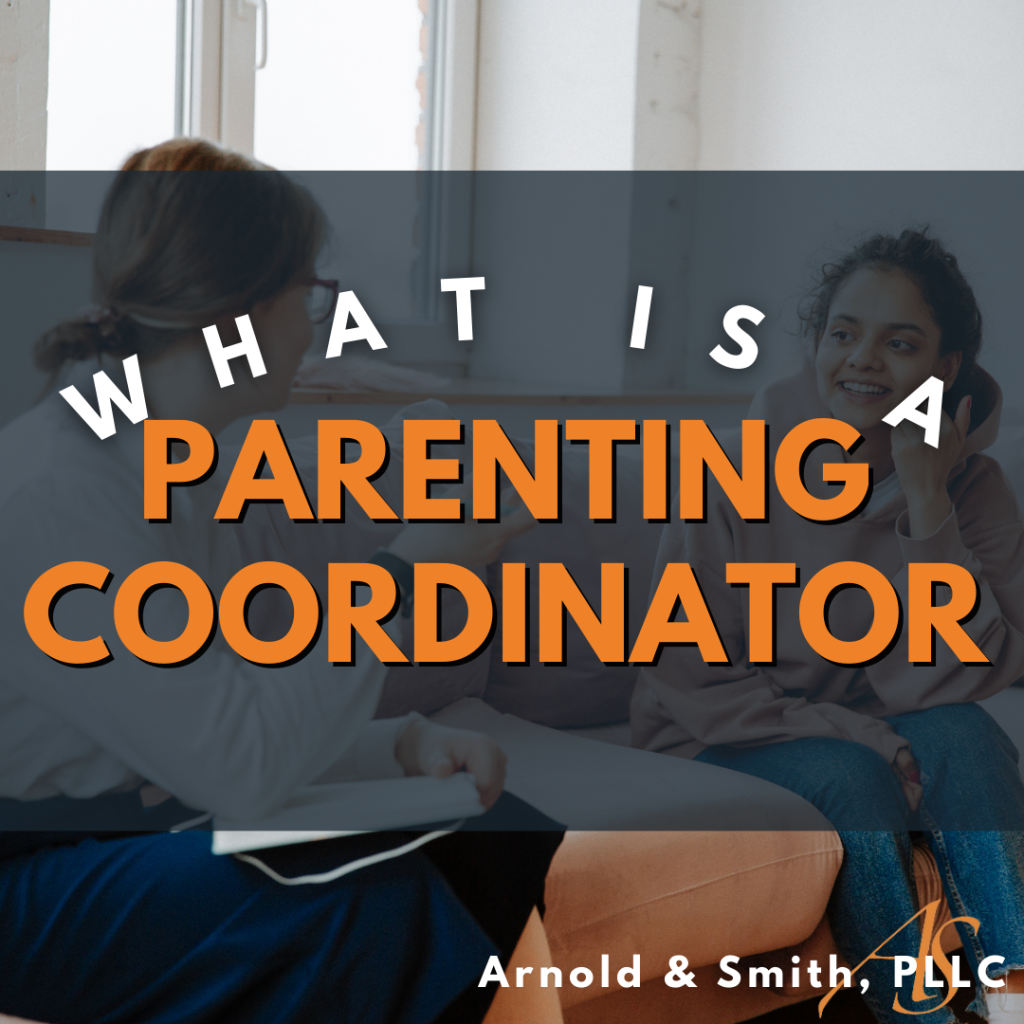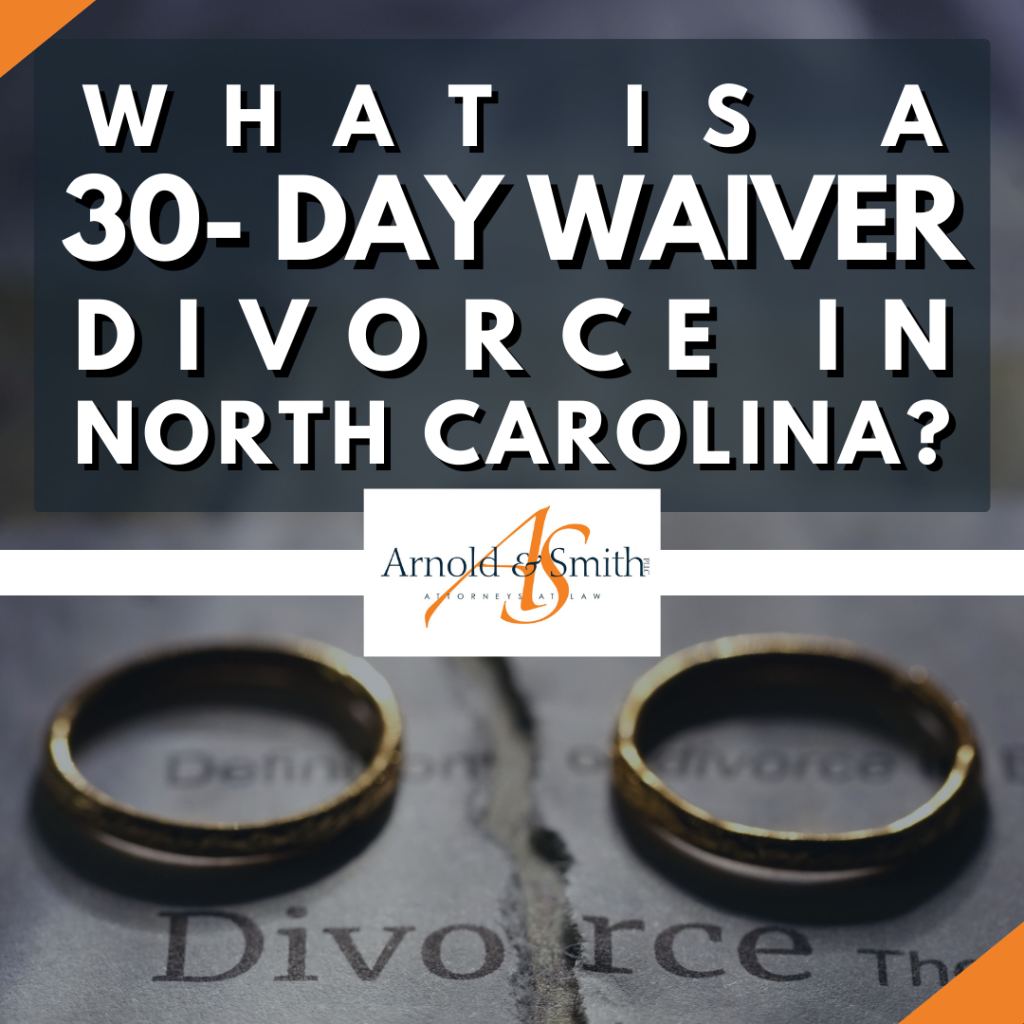October is National Domestic Awareness Month
Domestic violence is a serious issue that impacts many families every year. Victims of domestic violence may have a variety of health and emotional problems that can be long-lasting. Domestic violence is often considered an epidemic. In North Carolina, 1 in 3 women and 1 in 4 men have experienced some type of violence by an intimate or domestic partner. If you are a victim of domestic violence, report it to the police and seek help through various resources.
What is Domestic Violence?
 Charlotte Divorce Lawyer Blog
Charlotte Divorce Lawyer Blog










